
Hong Kong journalists try range of models to battle press freedom challenges
A new Chinese-language website pledging to provide Hong Kong with “independent, accurate and fair” news is the latest journalism venture to open in the city, in an attempt to counter increasing Chinese control of the media. Citizen News was launched January 1 by a group of journalists, including Kevin Lau Chun-to and Daisy Li Yuet-wah,…

Weighing China jailed cases amid censorship and fear
My native China is consistently among the world’s worst jailers of journalists. This year, it has been eclipsed by Turkey, which is holding a record number of journalists behind bars. But since CPJ began conducting an annual census in 1990, China has topped the ignoble list 18 times.
In China, foreign correspondents continue to face harassment, restrictions
Conditions for foreign correspondents in China remain difficult, with journalists reporting cases of harassment, surveillance, and restrictions on where they can work, according to findings by the Foreign Correspondents’ Club of China.
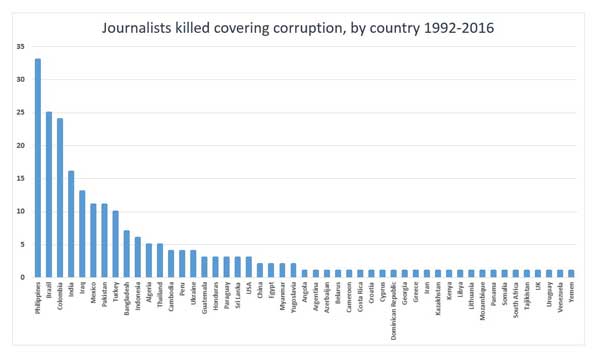
Protecting journalists who cover corruption is good for the bottom line
Corruption is one of the most dangerous beats for journalists, and one of the most important for holding those in power to account. There is growing international recognition that corruption is also one of the biggest impediments to poverty reduction and good governance. This is why journalists on this beat must be protected, including by…
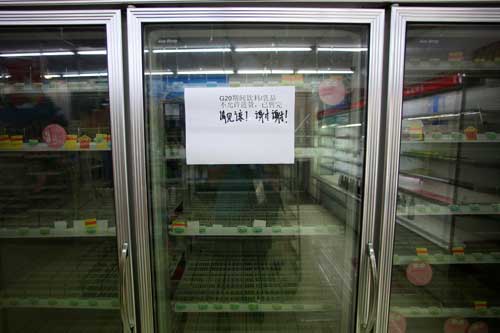
Criticism and jokes off limits ahead of G20 summit in Hangzhou, China
The city of Yuyao, in China’s Zhejiang province, is 70 miles away from Hangzhou, where leaders of the world’s 20 leading economies will gather September 4 and 5 for the annual G20 summit. Nonetheless, on August 26, democracy activist You Jingyou and his wife were subject to extra security checks at the train station in…
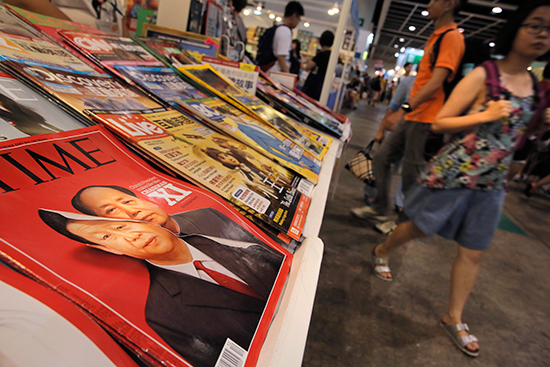
As Beijing tightens grip on Hong Kong media, mainland journalists suffer
On August 1, prominent Chinese human rights lawyer Wang Yu, who had been detained incommunicado for over a year, reemerged–with an unusual twist on an old script. Wang gave a TV interview in which she renounced her legal work and accused foreign forces of using her to “attack” and “smear” the Chinese government; the report…
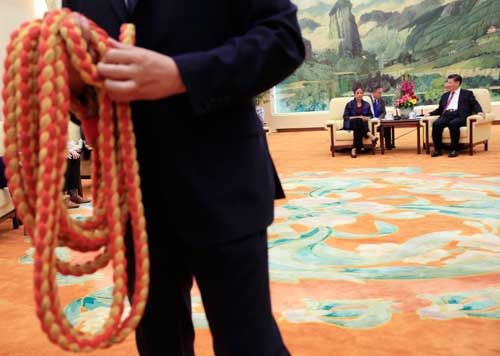
China shuts down internet reporting as Xi’s sensitivity begins to resemble lèse-majesté
On July 1, popular internet portal Tencent, in its original news reporting section, published an article on a speech that President Xi Jinping gave the same day at a conference celebrating the 95th anniversary of the founding of the Chinese Communist Party. One line of the article read, “Xi Jinping outburst an important speech.” To…

China’s information and internet controls will only tighten under Xu Lin
When the new director of the Cyberspace Administration of China, Xu Lin, issued on July 3 a warning that websites not report unverified content drawn from social media without facing possible punishment, it was clear that Beijing would move quickly beyond the Lu Wei era of information control. The announcement demanded that news websites provide…
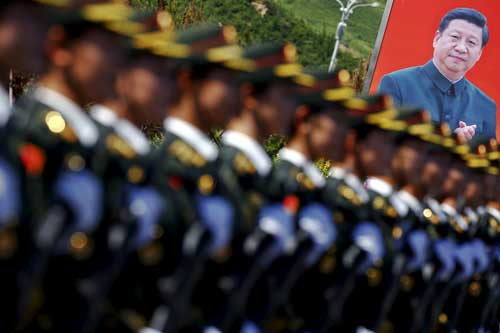
In China, more journalists–even former ones–vulnerable to government wrath
Most of the journalists imprisoned in China reported or commented on issues that the Chinese government finds threatening to its rule. They were likely aware that their work could invoke the wrath of the Chinese Communist Party at any time, but still choose to go ahead for the sake of truth and the public interest.…
Foreign press in China say travel to Tibet remains restricted
While foreign media outlets were granted some limited access to the Tibet Autonomous Region in 2015, China still rejected roughly three-quarters of the reporters who sought permission to visit last year, according to a new survey by the Foreign Correspondents Club of China (FCCC).